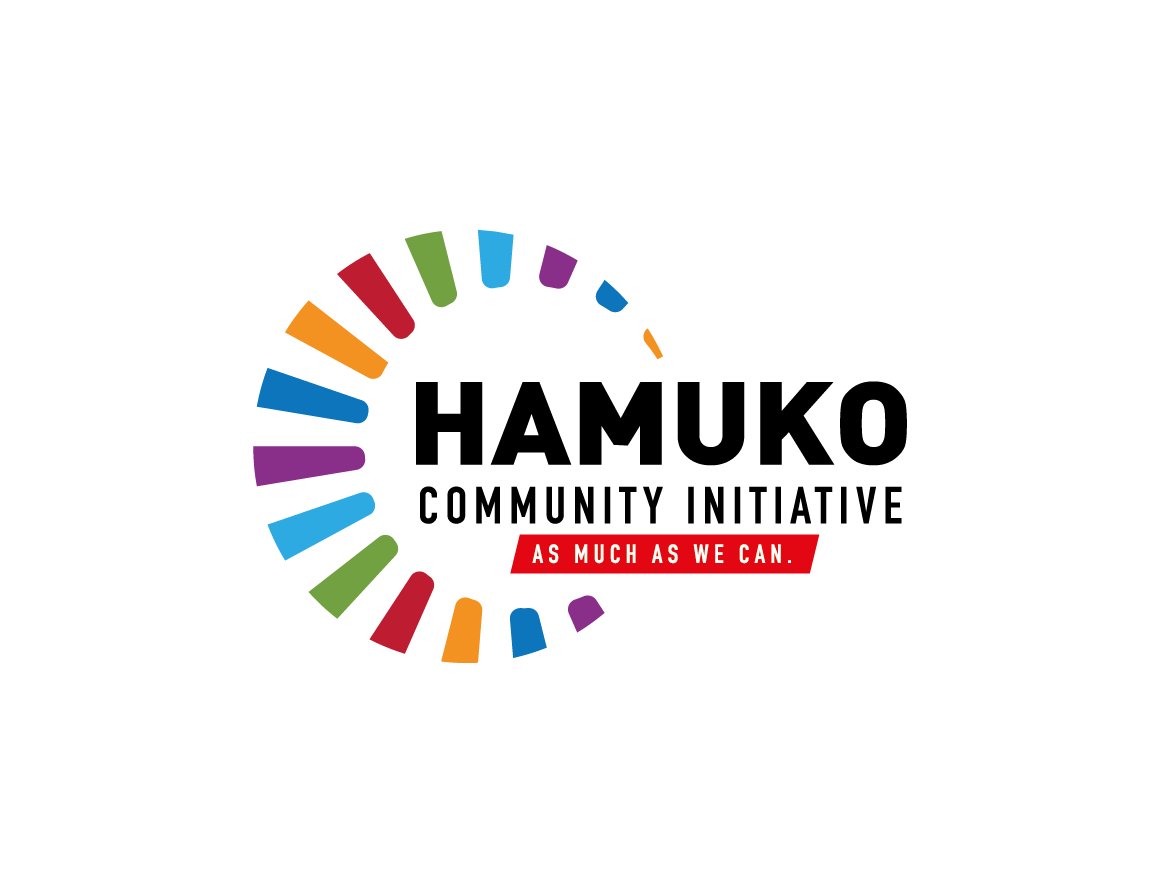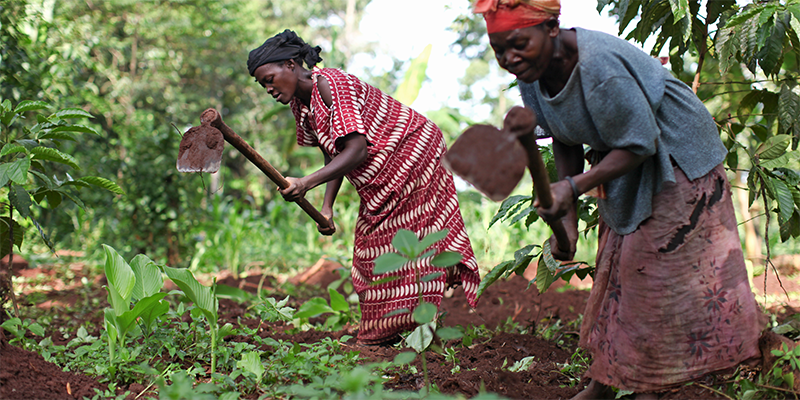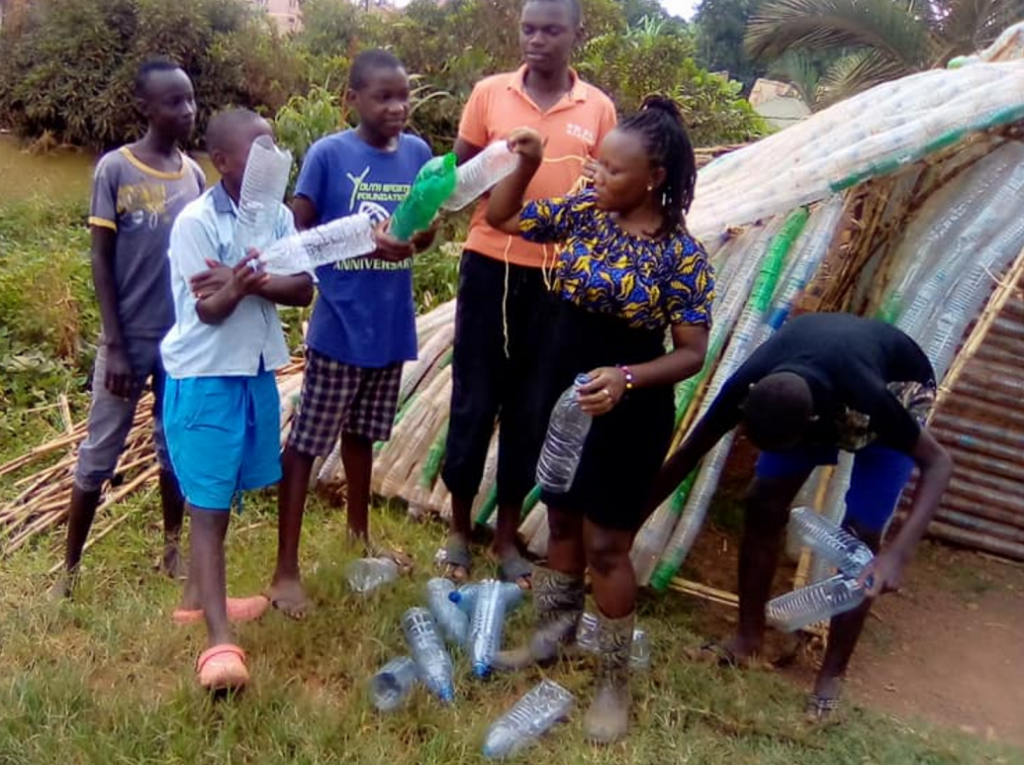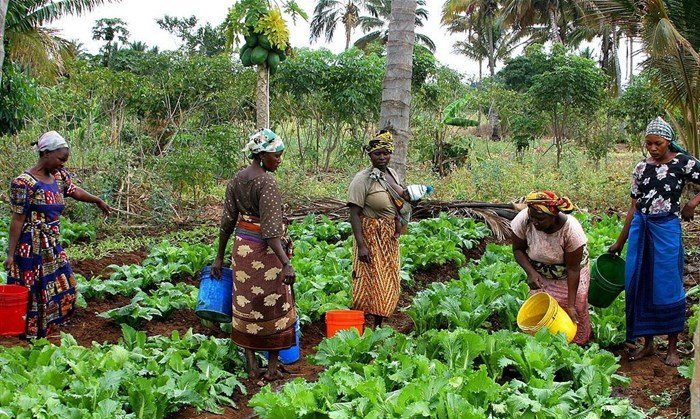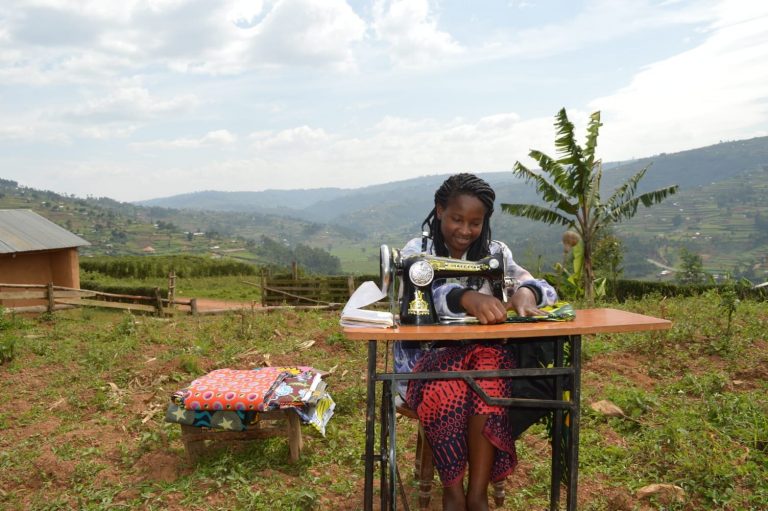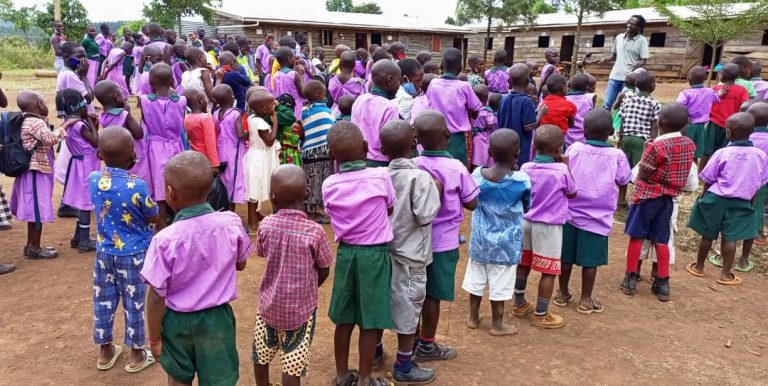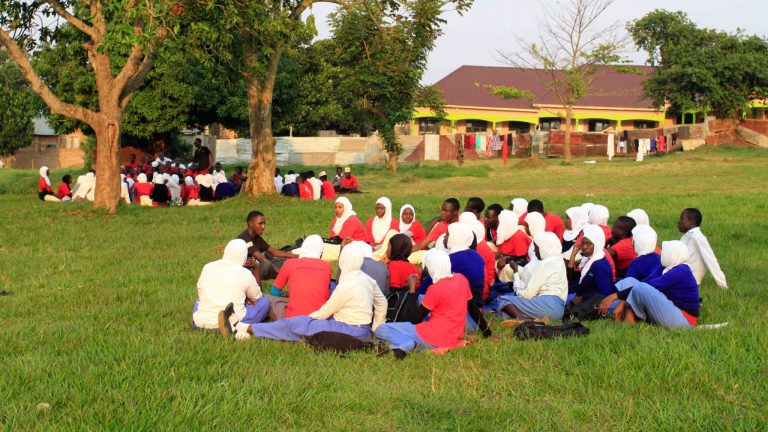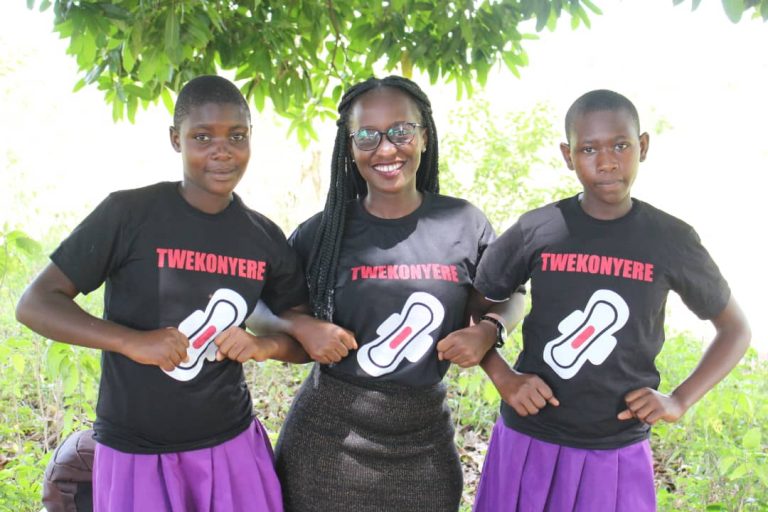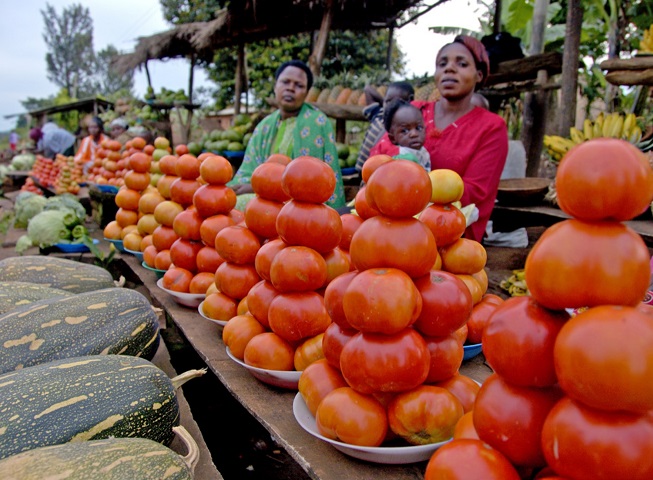Supporting Women on fighting for food security
Women play a vital role in Uganda’s rural agricultural sector and contribute a higher than average share of crop labor in the region. They also make up more than half of Uganda’s agricultural workforce, and a higher proportion of women than men work in farming—76 percent versus 62 percent. Yet compared to men, their productivity is low. In Uganda, farming employs a massive 66 percent of the working population and accounts for a quarter of GDP. Population growth is among the highest in the world, with the number of Ugandans likely to at least double by 2050. It would be difficult to overstate the urgency of creating enough jobs and producing enough food for everyone in this landlocked East African country.
Most of Uganda’s 36 million people live in rural areas, where poverty is concentrated and most households depend on men’s and women’s agricultural production for sustenance. Despite impressive inroads against poverty over the last decade, some 22 percent of the population still lived below the national poverty line in 2012-13 compared with 31 percent seven years earlier.

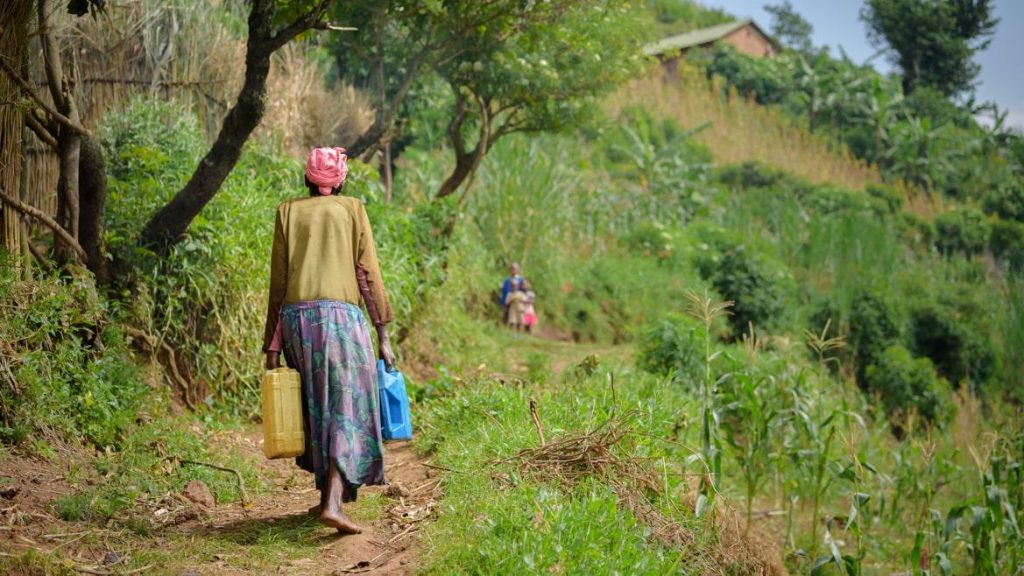
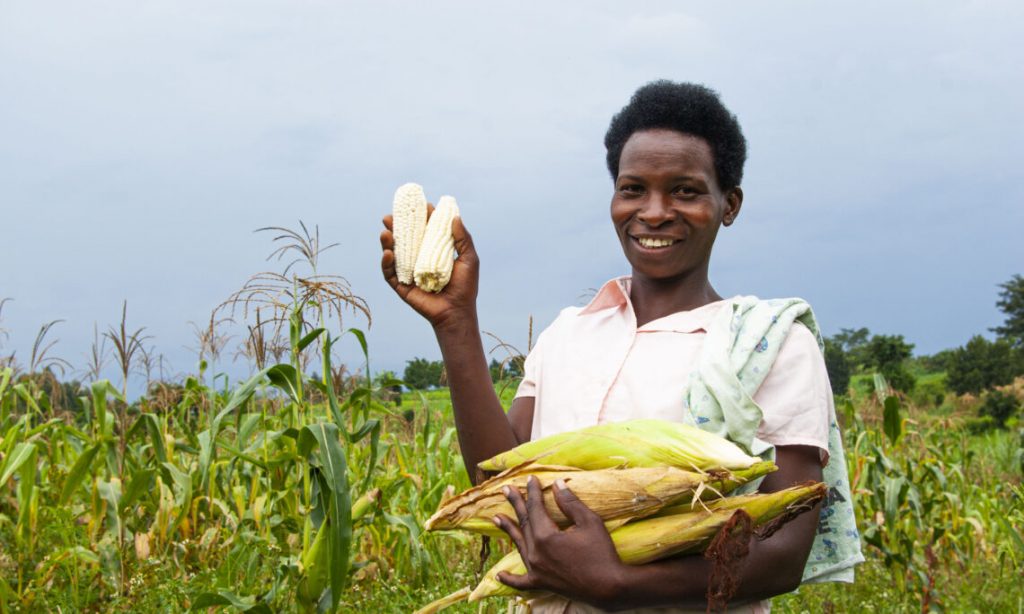
Ways to challenge gender norms through agricultural programmes
We hope to encourage the participation of young women in groups and networks to boost learning and economic activities. Their participation in saving groups or group enterprises allows them to meet other women with similar goals, to motivate each other, to access credit and to benefit from peer learning. These groups need to consider women’s needs such as support for childcare, flexible timing for training and prioritizing enterprises that can lead to higher returns for young women according to their skills.
We hope to Introduce a focus on gender norm change in programmes, Sustainable change to the gender norms that undermine young women’s agricultural livelihoods and overall wellbeing is only possible when programmes identify and include strategies to address such norms. For example, programmes need to integrate approaches that encourage men to participate in unpaid care and domestic work or that raise awareness about women’s ability and suitability to make decisions about the use of their own cash. To do this, programmes need to allocate more resources to deliver activities that address gender norms, while also targeting men.
Identify and work with female role models from the community. Working with female role models and educators is highly effective as they can transmit knowledge and skills, encourage, inspire and demonstrate how much young women can achieve in their own businesses. However, implementers need to make sure that female role models are available and have an incentive to engage in these interventions.
Support long-term change through linkages with government initiatives: Long-term and sustainable change will only happen when young women are aware of other local government programmes that can continue to support them when the international donors’ interventions come to an end. Building collaborations with local governments at different levels, together with government-led action to raise awareness across genders about existing government support, can ensure that young women’s gains are not lost.
Factor-in soft skills training: In addition to agriculture and business skills, young women in Hamuko Community have benefited from sexual, reproductive health and nutrition sessions, and from problem solving and leadership activities. It is crucial to invest in and integrate these skills, so young women can find wider benefits that can be applied within their households and communities, beyond agriculture and business development.
